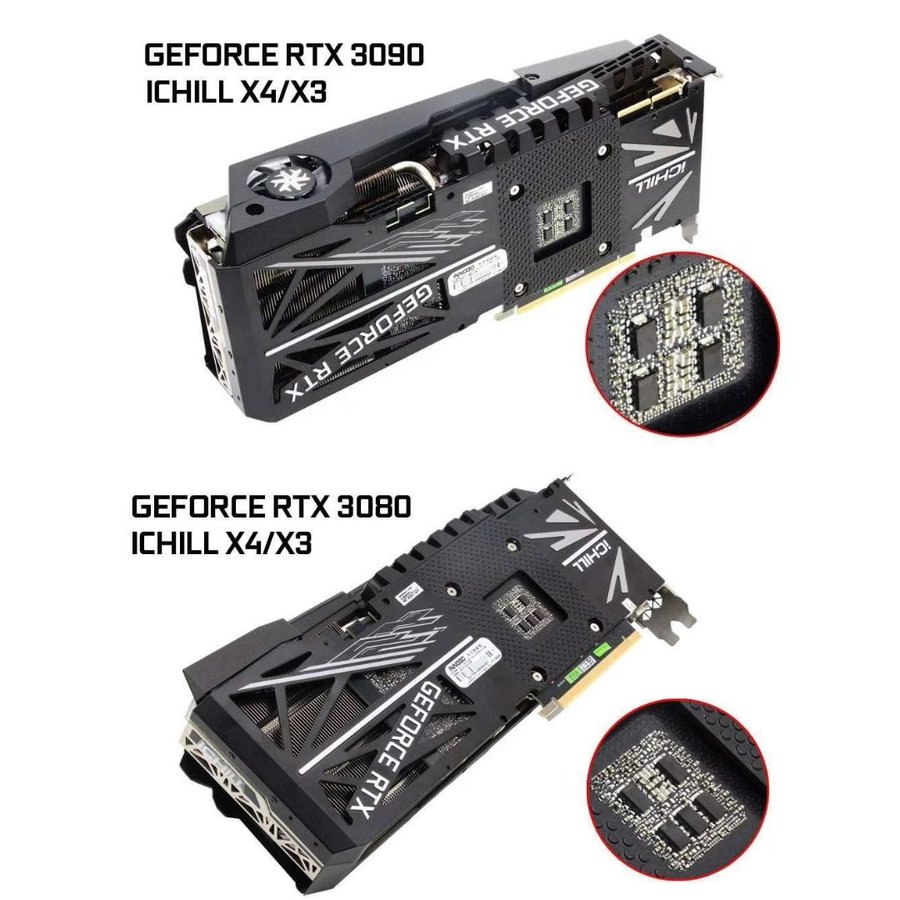Been doing some testing and while my card is fine at stock settings if I force my card to boost over 2080mhz in games it will crash even if I cap frames so it's only pulling 200w.
It's like there is a speed threshold it just can't go beyond.
If any others want to test then cap frames well below what the Gpu will do so the cards not hitting power limits then push up the clocks till it crashes.
This is normal unless you have a golden sample, the community has got used to thinking all cards can support high clocks, and never listened to those of us who were silicon lottery losers, I expect what has happened here is that many Ampere chips cannot handle 2ghz, and the OC cards have simply been too aggressive in their clocks. Just because one Kingpin card (which is very likely to have a binned chip) has achieved it, it doesnt mean the entire manufactured lot can do it. If they all could do it, then the spec's would be higher.


 Inno3d is playing 4d chess
Inno3d is playing 4d chess